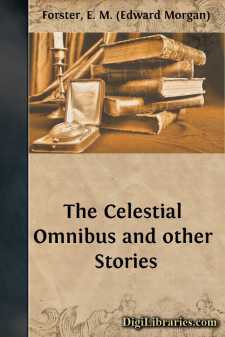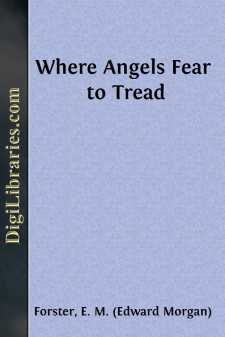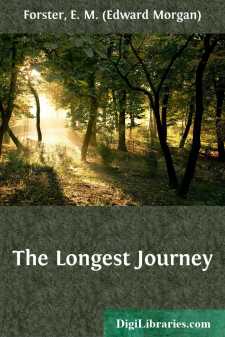Categories
- Antiques & Collectibles 13
- Architecture 36
- Art 48
- Bibles 22
- Biography & Autobiography 813
- Body, Mind & Spirit 142
- Business & Economics 28
- Children's Books 15
- Children's Fiction 12
- Computers 4
- Cooking 94
- Crafts & Hobbies 4
- Drama 346
- Education 46
- Family & Relationships 57
- Fiction 11828
- Games 19
- Gardening 17
- Health & Fitness 34
- History 1377
- House & Home 1
- Humor 147
- Juvenile Fiction 1873
- Juvenile Nonfiction 202
- Language Arts & Disciplines 88
- Law 16
- Literary Collections 686
- Literary Criticism 179
- Mathematics 13
- Medical 41
- Music 40
- Nature 179
- Non-Classifiable 1768
- Performing Arts 7
- Periodicals 1453
- Philosophy 64
- Photography 2
- Poetry 896
- Political Science 203
- Psychology 42
- Reference 154
- Religion 513
- Science 126
- Self-Help 84
- Social Science 81
- Sports & Recreation 34
- Study Aids 3
- Technology & Engineering 59
- Transportation 23
- Travel 463
- True Crime 29
Howards End
Description:
Excerpt
CHAPTER I.
One may as well begin with Helen's letters to her sister.
"Howards End,
"Tuesday.
"Dearest Meg,
"It isn't going to be what we expected. It is old and little, and altogether delightful—red brick. We can scarcely pack in as it is, and the dear knows what will happen when Paul (younger son) arrives to-morrow. From hall you go right or left into dining-room or drawing-room. Hall itself is practically a room. You open another door in it, and there are the stairs going up in a sort of tunnel to the first-floor. Three bed-rooms in a row there, and three attics in a row above. That isn't all the house really, but it's all that one notices—nine windows as you look up from the front garden.
"Then there's a very big wych-elm—to the left as you look up—leaning a little over the house, and standing on the boundary between the garden and meadow. I quite love that tree already. Also ordinary elms, oaks—no nastier than ordinary oaks—pear-trees, apple-trees, and a vine. No silver birches, though. However, I must get on to my host and hostess. I only wanted to show that it isn't the least what we expected. Why did we settle that their house would be all gables and wiggles, and their garden all gamboge-coloured paths? I believe simply because we associate them with expensive hotels—Mrs. Wilcox trailing in beautiful dresses down long corridors, Mr. Wilcox bullying porters, etc. We females are that unjust.
"I shall be back Saturday; will let you know train later. They are as angry as I am that you did not come too; really Tibby is too tiresome, he starts a new mortal disease every month. How could he have got hay fever in London? and even if he could, it seems hard that you should give up a visit to hear a schoolboy sneeze. Tell him that Charles Wilcox (the son who is here) has hay fever too, but he's brave, and gets quite cross when we inquire after it. Men like the Wilcoxes would do Tibby a power of good. But you won't agree, and I'd better change the subject.
"This long letter is because I'm writing before breakfast. Oh, the beautiful vine leaves! The house is covered with a vine. I looked out earlier, and Mrs. Wilcox was already in the garden. She evidently loves it. No wonder she sometimes looks tired. She was watching the large red poppies come out. Then she walked off the lawn to the meadow, whose corner to the right I can just see. Trail, trail, went her long dress over the sopping grass, and she came back with her hands full of the hay that was cut yesterday—I suppose for rabbits or something, as she kept on smelling it. The air here is delicious. Later on I heard the noise of croquet balls, and looked out again, and it was Charles Wilcox practising; they are keen on all games. Presently he started sneezing and had to stop. Then I hear more clicketing, and it is Mr. Wilcox practising, and then, 'a-tissue, a-tissue': he has to stop too. Then Evie comes out, and does some calisthenic exercises on a machine that is tacked on to a green-gage-tree—they put everything to use—and then she says 'a-tissue,' and in she goes....






